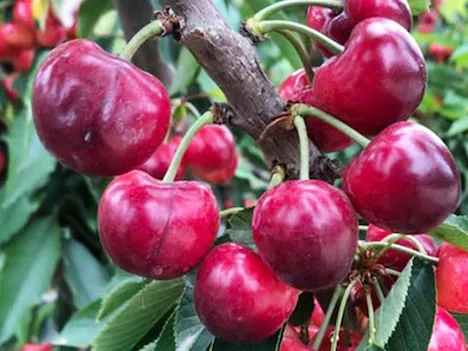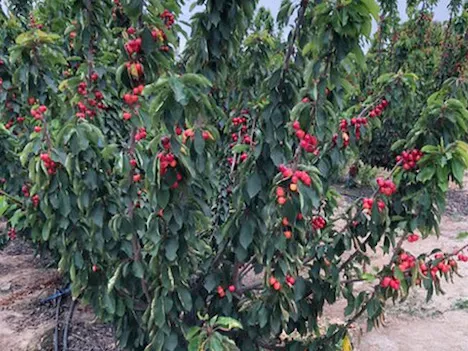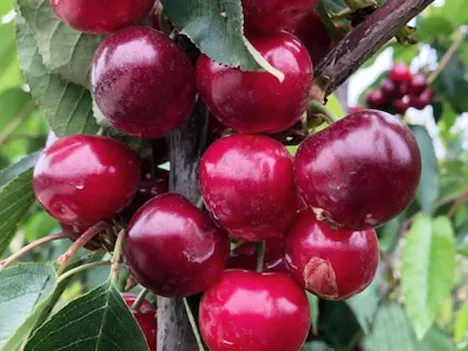During the last week of January, inspectors in China detected Covid-19 on a shipment of imported cherries. The market saw immediate effects from the breaking of this news: prices and demand dropped. “The initial news of a Covid-19 positive test on cherries had an almost immediate negative impact on prices,” says Craig Stauffer, CEO of Vanguard International. “There was some brief positive movement on sales volumes and prices as markets believed that priced had hit rock bottom, willing to gamble that prices would increase. However, with additional volumes arriving, we are once again seeing downward pressure on prices.”
Stauffer points out that the prices were already depressed before this happened. “Chile has shipped more than 70 million 5-kg boxes of cherries to China, and frankly, it’s the volume that is depressing the prices as much as any reports of Covid-19. With the current market conditions, there is a large gap between average selling prices in China and hoped returns for the growers in Chile – it’s going to be a delicate balance of who should absorb what percentage of the losses,” he explains.

Quick reaction from authorities
The authorities were very quick to respond with positive messaging for the consumers to assure them they can trust the foods they eat. “There has been plenty of press in China that has consistently sent the message that Covid-19 cannot be passed through food. With the capability to now test for any number of pathogens at ‘parts per billion’ measurements, if you are looking for something you are almost certain to find it,” Stauffer says.
Li Ning, the Deputy Director at the China National Center for Food Safety Risk Assessment also stated during a press conference: “The fact that some food samples tested positive for corona virus does not mean they could lead to infections. The tests targeted the fragments of viral nucleic acids, and positive results could come from viruses that are alive or dead.”

After the initial breaking of the news, there was also an impact on the sales of other imported fruit. Fortunately, this didn’t last long. “With the strong messaging that there is little to no risk of infection from eating imported fruit, sales have resumed to a normal rate. The media in China has been very positive in their message that risks of infection are extremely low and encouraging consumers to wash their fruit before consuming,” Stauffer says.
According to Stauffer, the situation highlights the importance of food safety to the Chinese consumer. He says: “It’s a trend that is going to get stronger in the future. We can, and should, expect to see a rise in demand for traceability and transparency along the supply chain – not unlike what is happening in North America. Retailers and consumers in China are going to demand to know how their fruit is being grown, who is growing their fruit, and what happens from farm to table.”

Effects on the global market
The majority of this year’s cherry crop has already been shipped and sold, and the fruit that is currently on its way will be accepted into China after undergoing increased inspections. “There have been discussions about diverting product, but the reality is that all of the markets in Asia have been impacted due to both the high volumes and the Covid-19 reports. It is entirely likely that fruit diverted to other markets in Asia could end up producing even lower returns,” Stauffer explains.
While over 90% of the Chilean cherry crop is destined for China, the US and Canada have been growing markets. Fortunately, these markets haven’t been affected by this event. “To date, discussions around this discovery in China have not impacted sales or pricing in North America. Retail and wholesale in North America will, of course, be monitoring the situation closely. For the moment, though, the greater challenge in North America is the logistics – shipping times, getting containers to and from ports and farms, and so on – particularly on the West Coast,” says Stauffer, concluding: “With strawberry volumes down at the moment, however, we could well see cherry promotions for Valentine’s Day.”
 For more information:
For more information:
Andrea Bava
Tel: +1 (778) 908-1764
Email: andrea@blitzme.ca
www.vanguardteam.com
